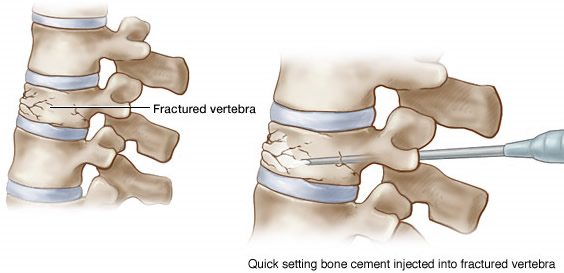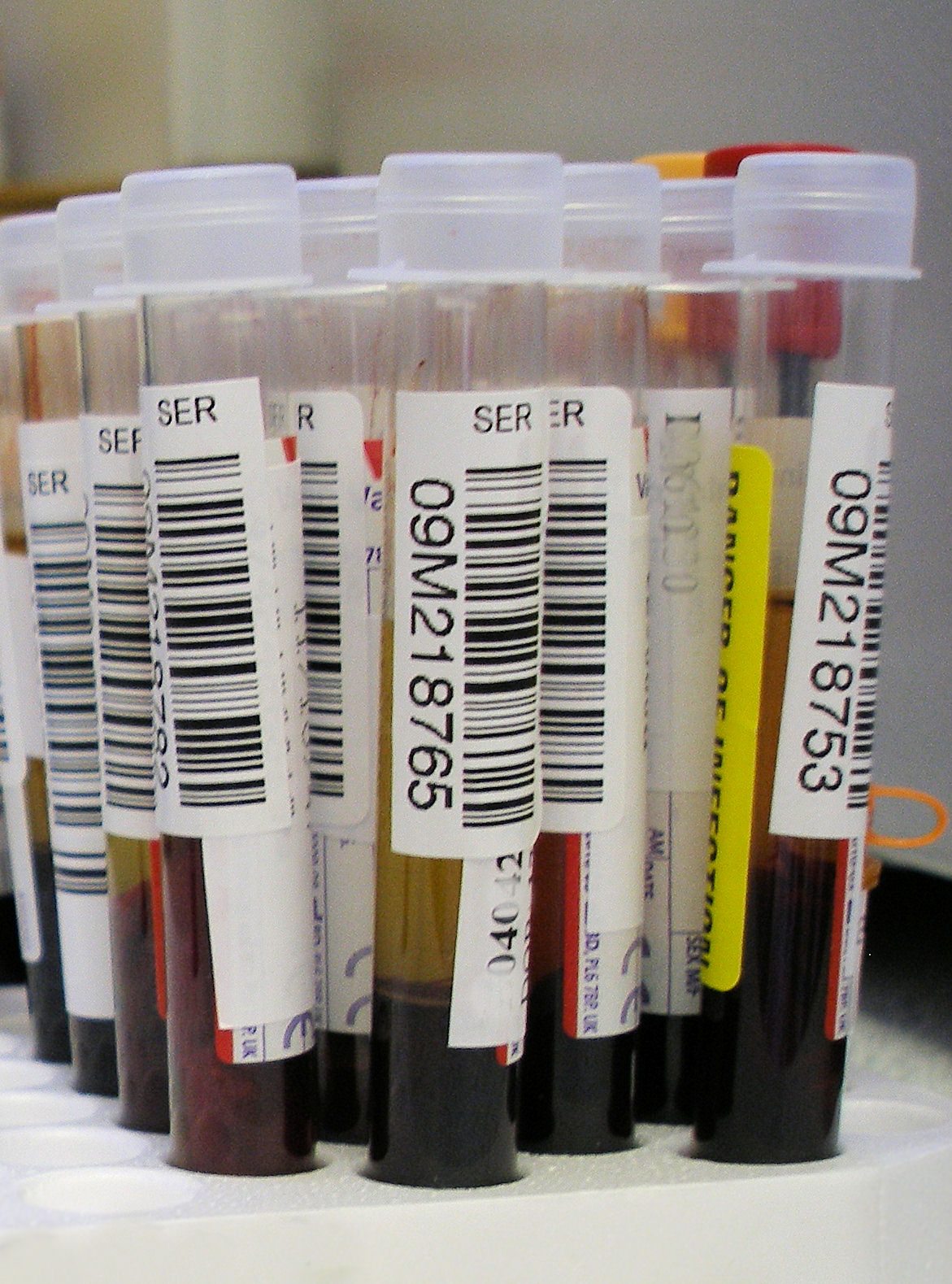Category: Clinical Trials
“There must be a reason,” or how we support our own false beliefs
For a change of pace, I want to step back from medicine for this post, although, as you will see (I hope), the study I’m going to discuss has a great deal of relevance to the topics covered regularly on this blog. One of the most frustrating aspects of being a skeptic and championing science-based medicine is just how unyielding belief in...
The perils and pitfalls of doing a “vaccinated versus unvaccinated” study
The anti-vaccine movement is nothing if not plastic. It “evolves” very rapidly in response to selective pressures applied to it in the form of science refuting its key beliefs. For instance, when multiple studies looking at the MMR vaccine and autism failed to confirm the myth that the MMR causes autism or “autistic enterocolitis,” most recently late last year, it was not...
Needles in the skin cause changes in the brain, but acupuncture still doesn’t work
I don’t recall if I’ve mentioned it on SBM before, but I went to the University of Michigan. In fact, I didn’t go there just for undergraduate studies or medical school, but rather for both, graduating with a B.S. in Chemistry with Honors in 1984 and from medical school in 1988. In my eight years in Ann Arbor, I came to love...

Vertebroplasty for compression fractures due to osteoporosis: Placebo medicine
When seemingly science-based medicine turns out to be placebo medicine.
Are one in three breast cancers really overdiagnosed and overtreated?
Screening for disease is a real pain. I was reminded of this by the publication of a study in BMJ the very day of the Science-Based Medicine Conference a week and a half ago. Unfortunately, between The Amaz!ng Meeting and other activities, I was too busy to give this study the attention it deserved last Monday. Given the media coverage of the...
The clinician-scientist: Wearing two hats
About a week ago, Tim Kreider wrote an excellent post about the differences between medical school training and scientific training. As the only other denizen of Science-Based Medicine who has experienced both worlds, that of a PhD and that of an MD, and as the one who two decades further along the path than Tim (give or take a couple of years),...
NIH Awards $30 Million Research Dollars To Convicted Felons: Cliff’s Notes Version
In case you’re coming late to this discussion (or have ADD), I’ve summarized Dr. Kimball Atwood’s terrific analysis of the ongoing clinical trial (TACT trial) in which convicted felons were awarded $30 million by the NIH. *** In one of the most unethical clinical trial debacles of our time, the NIH approved a research study (called the TACT Trial – Trial to...
Healing Touch and Coronary Bypass
A study published in Alternative Therapies in Health and Medicine is being cited as evidence for the efficacy of healing touch (HT). It enrolled 237 subjects who were scheduled for coronary bypass, randomized them to receive HT, a visitor, or no treatment; and found that HT was associated with a greater decrease in anxiety and shorter hospital stays. This study is a...
Does popularity lead to unreliability in scientific research?
One of the major themes here on the Science-Based Medicine (SBM) blog has been about one major shortcoming of the more commonly used evidence-based medicine paradigm (EBM) that has been in ascendance as the preferred method of evaluating clinical evidence. Specifically, as Kim Atwood (1, 2, 3, 4, 5, 6, 7, 8) has pointed out before, EBM values clinical studies above all...

Screening Tests – Cumulative Incidence of False Positives
It’s easy to think of medical tests as black and white. If the test is positive, you have the disease; if it’s negative, you don’t. Even good clinicians sometimes fall into that trap. Based on the pre-test probability of the disease, a positive test result only increases the probability by a variable amount. An example: if the probability that a patient has...

